31 July 2023
Articles
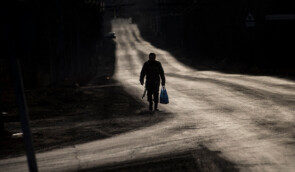
Four stories of missing persons in the occupied territories of Ukraine
ZMINA retells four stories about the abduction and disappearance of Mykola Harbar, a hunter; Vasyl, a handyman; Volodymyr Khorolsky, a territorial defense volunteer; and Artur Baranets, a policeman
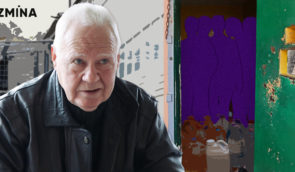
A story of an elderly man from Balakliya on a 12-day hunger strike in Russian captivity
Russian occupying forces took 73-year-old Viktor Illinsky from his home in Balakliya, Kharkiv region, in early August 2022. They wrapped a jacket around his head, put him in a military jeep, and drove him to the local police station.
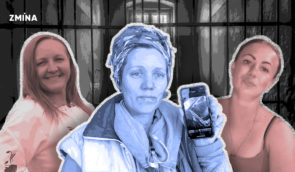
Three stories about the abuse and inhumane conditions for Ukrainian women prisoners
Read about how Russian forces detain women, the conditions in which they are held, and their treatment in Russian prisons in the stories of the director of a village club and a masseuse from Melitopol, Zaporizhzhia region, and a volunteer from Mariupol, Donetsk region, shared with ZMINA by the prisoners themselves or their relatives and friends
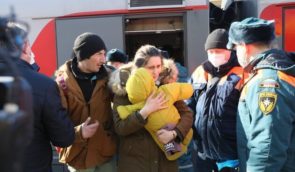
Signs of genocide: Russia’s crimes against children – Report
Human rights defenders concluded that these processes are carried out on the initiative and with the broad support of the Russian leadership, which aims to destroy the ties of Ukrainian children with their national group and make it impossible for them to return to Ukraine
News
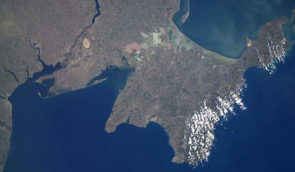
Ukrainian government unveils blueprint for Crimea’s economic future
The government believes that this economic model will help to rebuild Crimea and "make it a prosperous and attractive place to live and work"
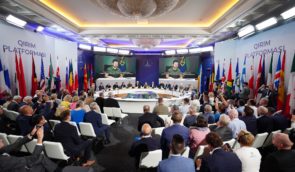
“We Build Crimea” portal launched to unite businesses for the restoration of Crimea after its de-occupation
ZMINA explains what the portal "We Build Crimea" is about, who it is intended for, and what opportunities it offers to both the Ukrainian peninsula and its residents
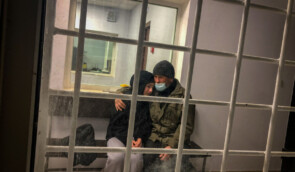
Over the past two years, 10 mass detentions of Crimean Tatars registered in Crimea
Since the beginning of 2021, at least 10 mass detentions have occurred in the temporarily occupied Crimea. Most incidents occurred near the buildings of Russia’s government institutions
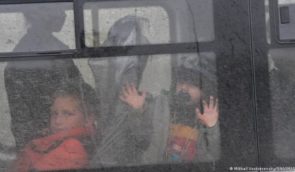
Activists identified the route by which children from the occupied Ukrainian territories are deported to Belarus
The group presented its findings in a research paper released in early August 2023

LGBTIQ+ couple of a servicewoman and an activist got “married” in Kharkiv
Stanislava is a local activist in the LGBTQI+ and feminist movements. Alina is a military officer from the Kharkiv region, currently serving as a captain and a brigade staff officer
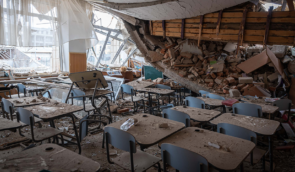
More than 180 educational institutions in Kyiv region, destroyed by Russians, restored
136 schools and 175 kindergartens were located in the combat zone or on the temporarily occupied territory. Before the full-scale invasion of the Russian army, more than 52,000 students and almost 15,000 kindergarteners were studying there

Ukrainian Institute presents an English-language guide on Ukrainian culture, personalities, and events
On Ukraine’s Independence Day, the Ukrainian Institute, a governmental agency focused on promoting Ukrainian culture, launched Insight UA, an English-language comprehensive guide to Ukrainian culture, personalities, and events, as noted in its press release.
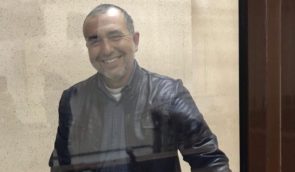
Political prisoner Rustem Seytmemetov’s health deteriorates
Zera and Rustem Seytmemetov’s daughters came to see him in prison No. 1 in Dimitrovgrad, Ulyanovsk region, Russia. The youngest daughter, Beyan, has not seen her father since his arrest in 2020 when she was two and a half years old. Now the girl is six
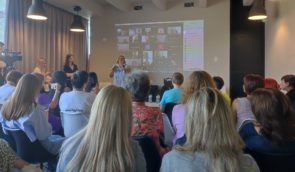
Families of POWs and missing persons unite to oversee the work of state bodies in Ukraine
The press conference was devoted to the government’s intention to withdraw the position of the Commissioner for Persons Missing in Special Circumstances from the structure of the Ministry of Reintegration of Temporarily Occupied Territories of Ukraine and distribute the powers vested in the institution of the Commissioner for these issues to three other agencies

Almost 80% of Ukrainian refugees and IDPs plan to return home, UN study
76% of refugees and 82% of internally displaced Ukrainians plan to return home whenever possible. At the same time, about 15% of both refugees and internally displaced persons (IDPs) say they want to do so within the next three months.
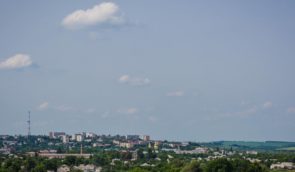
Older people and some families with children refuse to leave the evacuation areas in Kharkiv region
The head of the Kupyansk city military administration emphasized that the evacuation is not mandatory, so those who do not want to leave can refuse by writing a statement
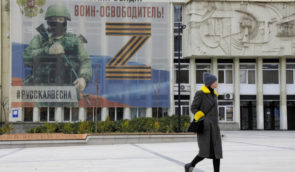
Crimean Human Rights initiative sounds alarm over decreasing healthcare for civilians in occupied Crimea
According to Qirim Gayesi, the maintenance of healthcare institutions has been severely compromised since the onset of the Russian invasion. Heads of medical institutions in Crimea were instructed to send surgeons and surgical nurses to the Ministry of Defense of the occupying country
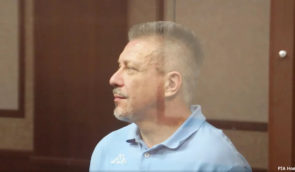
Crimean political prisoner Dmytro Shtyblikov is kept isolated
Human rights defenders recall that on November 8, 2021, Dmytro Shtyblikov was to be released after serving a five-year sentence

14% of Ukrainian journalists and bloggers faced wiretapping and surveillance, and 40% received threats – IMI
According to the Institute of Mass Information (IMI), a prominent human rights and media organization, 68% of media professionals and 82% of bloggers have faced increased cyber attacks since the beginning of Russia’s full-scale war in Ukraine.
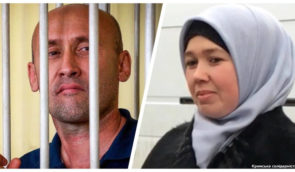
The health of political prisoner Zevri Abseitov has significantly deteriorated
Fatma Abseitova, Zevri’s wife, visited her husband with their children in Stavropol colony No. 1 in the village of Kochubeevskoye in the Russian Federation

More than 500 Ukrainian doctors are in Russian captivity
The head of the non-governmental organization noted that the enemy, by capturing medics, is trying to condemn Ukrainian soldiers to suffering
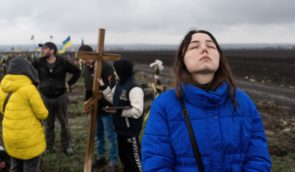
Almost 16% of respondents across Ukraine said they had witnessed Russian war crimes
Almost 16% of Ukrainians across the country said they had witnessed Russian war crimes.




